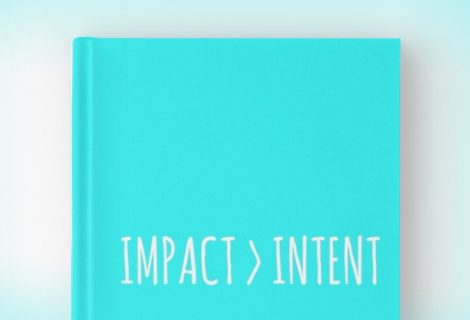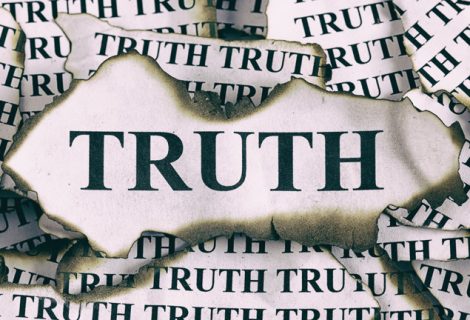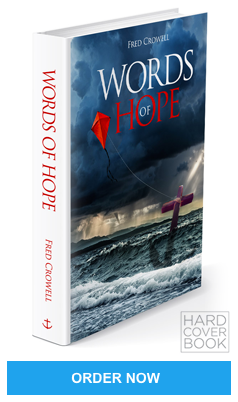Words of Hope: The Sound of Freedom
One of the most misunderstood, difficult concepts on the planet is forgiveness. You can watch a YouTube video of a celebrity recommending not to forgive or forget, and another saying to forgive the unthinkable and recommending forgiveness as the path to freedom and joy.
The biggest issue with forgiveness is how people define it. Does forgiveness mean to allow someone to hurt you repeatedly? Does it mean to give up your efficacy as a person? Does it champion abuse? Forgiveness requires total reliance on God to help believe that what currently is impossible will become possible.
My dad did the impossible. He worked to forgive an unforgivable father. My grandpa didn’t deserve forgiveness, he didn’t earn it, he didn’t even want it. My dad did the tremendous work of forgiving his dad knowing and understanding that forgiveness defies logic and understanding. He stepped into the practice of forgiving his dad for my sake, for my family’s sake, and for his own well-being, trusting that a life of bitterness robs everyone. Forgiveness is the only generational door to freedom. It does not condone evil, excuse it, or overlook it. Forgiveness redeems evil for good. It takes the person who did something wicked, inexcusable, or cursed, and leads them into the hands of God. We extract ourselves from the snarl and tangle of abuse that seeks to destroy everyone. Forgiveness refuses to be dragged into the mire of revenge, hate, rage, bitterness, and resentment.
Dad believed the reason for all relational inequity and cruelty was sin and the inability to forgive and especially to seek forgiveness. Forgiveness is dignity in the face of degradation. It is freedom in the face of slavery. It is hope in the face of despair.
It is for freedom that Christ has set us free. Stand firm, then, and do not let yourselves be burdened again by a yoke of slavery. – Galatians 5:1








